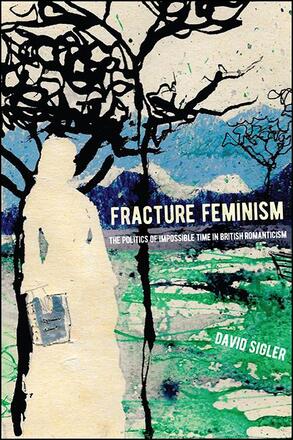
Fracture Feminism
The Politics of Impossible Time in British Romanticism
Alternative formats available from:
Shows how feminist writing in British Romanticism developed alternatives to linear time.
Description
Feminist writers in British Romanticism often developed alternatives to linear time. Viewing time as a system of social control, writers like Mary Wollstonecraft, Anna Barbauld, and Mary Shelley wrote about current events as if they possessed knowledge from the future. Fracture Feminism explores this tradition with a perspective informed by Lacanian psychoanalysis and Derridean deconstruction, showing how time can be imagined to contain a hidden fracture—and how that fracture, when claimed as a point of view, could be the basis for an emancipatory politics. Arguing that the period's most radical experiments in undoing time stemmed from the era's discourses of gender and women's rights, Fracture Feminism asks: to what extent could women "belong" to their historical moment, given their political and social marginalization? How would voices from the future interrupt the ordinary procedures of political debate? What if utopia were understood as a time rather than a place, and its time were already inside the present?
David Sigler is Associate Professor of English at the University of Calgary. He is the author of Sexual Enjoyment in British Romanticism: Gender and Psychoanalysis, 1753–1835, and coeditor (with Daniela Garofalo) of Lacan and Romanticism, also published by SUNY Press.
Reviews
"One of the greatest strengths of Fracture Feminism, beyond its innovative thesis, lies in the brilliant juxtaposition of texts Sigler selects to demonstrate how fracture feminists not only engage in 'contretempopia' but also establish intellectual connections with one another … Fracture Feminism offers a valuable way of looking at Romantic women writers who resisted the hegemony of their times by playing with time." — Tulsa Studies in Women’s Literature